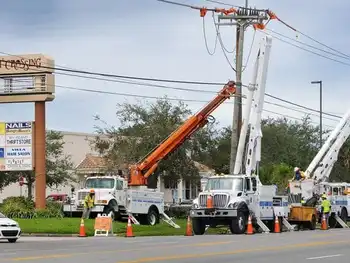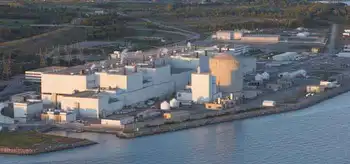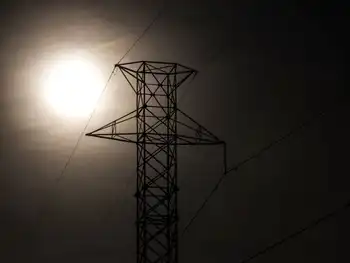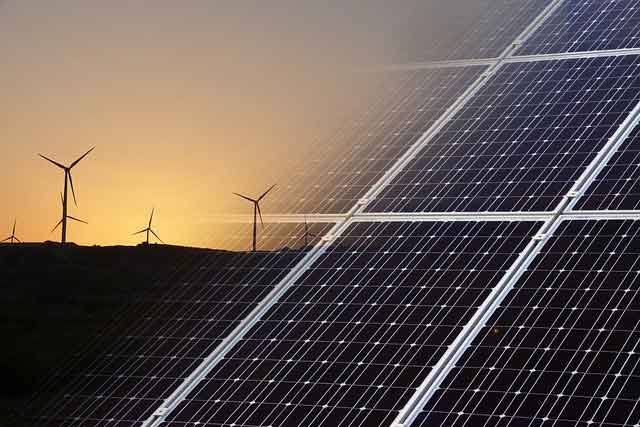French PM signals end to carbon tax plan
President Nicolas Sarkozy last year hailed the new tax as a vital weapon in the fight against global warming when it was first approved by parliament.
But it was struck down by France's highest court just 48 hours before it was due to come into force, on the basis there were too many loopholes for the big industrial polluters.
A revised version was due to take effect in July but, with no sign of an immediate accord with other European countries, it now appears to have been put back indefinitely.
Speaking in parliament, Fillon said sustainable development policies could not be allowed to put French industry at risk.
"We have to amplify measures that help reinforce the competitiveness of our economy," he said.
"In that spirit, I would like to indicate that the decisions we are going to take regarding sustainable development have to be better coordinated with all European countries so as not to widen our gap in competitiveness with our neighbor Germany."
The prime minister's office released a statement saying the carbon tax would be implemented but adding that all decisions relating to sustainable development had to be analyzed with a view to their impact on industry.
"That goes for the carbon tax. We want decisions to be taken jointly with other European countries," the statement said, adding that France would push the European Commission for a swift harmonization of environmental taxes throughout the bloc.
Junior Environment Minister Chantal Jouanno broke with normal cabinet practice and condemned the move.
"I despair at this retreat. I despair that environmental skepticism has won out," she said, according to aides.
The expected delay to the carbon tax, which was deeply unpopular with industry, farmers and motorists, follows the severe defeat suffered by Sarkozy's center-right UMP party in last weekend's regional elections.
The president has moved quickly to quell growing unhappiness in the ranks of his own party, bringing in three new ministers with the aim of heading off potential malcontents, and there had been growing speculation the carbon tax could be halted.
It had been expected to raise 1.5 billion euros (US $2.15 billion) this year and the government had rushed to try to find its way around the court ruling, eager for new funds as the deficit is set to shoot over 8 percent of GDP.
Environmentalists condemned the turnaround, saying it called into question the environmentalist credentials which Sarkozy claimed with a burst of Green initiatives after he came to power in 2007.
"Between the pro-environmental frenzy of your first months in office and the denial that marks your policies now, only three years have passed. What can we expect in future?" Climate Action Network, which includes Greenpeace and WWF, said.
But parliamentarians were concerned that any new tax was bound to penalize French industry unless EU competitors were forced down the same road. There is no concerted effort in the EU to introduce such a tax.
"We are relieved for industry as a whole which would not have been able to bear this new handicap to competitiveness," said Laurence Parisot, head of the French business federation Medef. "We were able to get our argument through."
Related News
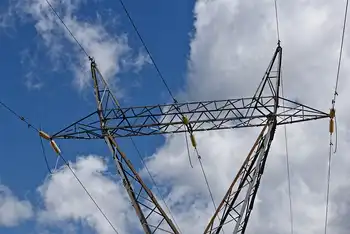
California Legislators Prepare Vote to Crack Down on Utility Spending
LOS ANGELES - California's legislators are about to vote on a bill that would impose stricter regulations on how utility companies spend the money they collect from ratepayers. This legislation directly responds to the growing discontent among Californians who are already grappling with high electricity bills, which can be partly attributed to wildfire prevention efforts.
Consumer rights groups have been vehemently critical of how utilities have been allocating customer funds. They allege that a substantial portion of this money is being funnelled into lobbying efforts and advertising campaigns that yield no direct benefits for the customers themselves.
The proposed bill…


